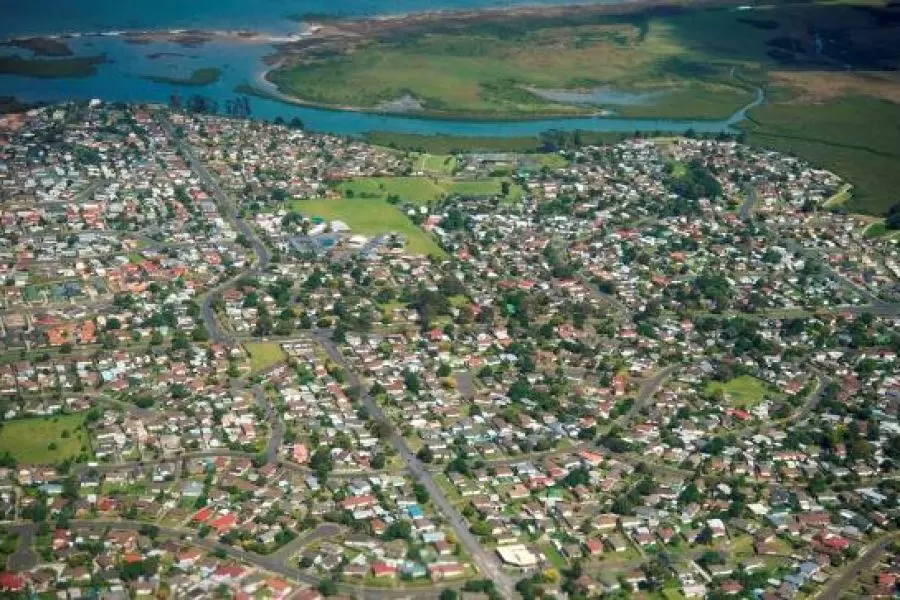
News
House prices and numbers sold soar

Saturday 13th of March 2021
Figures from REINZ reveal the unrelenting pace of property sales continued, with 7694 homes sold last month, up from 6964 in February 2020.
Typically, Auckland is leading the way and house sales accelerated by 34.6% year-on-year, from 2061 to 2775. This volume is the highest for the month of February in 14 years.
Across the country, excluding Auckland, the number of properties s...
Want to read the full article?
Click the button below to subscribe and will have unlimited access to full article and all other articles on the site.
2 min read





![[The Wrap] Bye Bye Bayly](https://goodreturns.publit.io/file/c_fill,w_900,h_600/39f23ac1-f7c7-4854-b700-a150004ebbac.webp)


